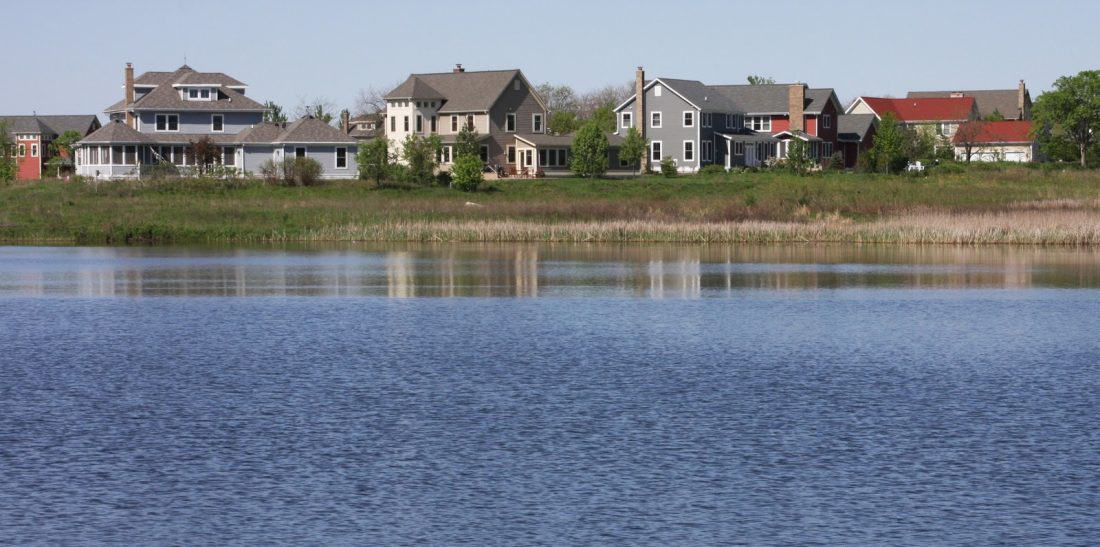
Residents across Illinois and Indiana are taking advantage of the warmer weather to plan garden and yard projects. Adrienne Gulley shares some with easy tips for keeping your lawn green and the water clean.
 Nothing is more appealing than fresh flowers and green grass. But the chemicals we put on our lawns each year can end up in our lakes and rivers, where they lower water quality and harm aquatic ecosystems. Fortunately, you don’t have to give up your beautiful landscape to protect our waterways. This summer, take the Lawn to Lake pledge and adopt these natural lawn care practices:
Nothing is more appealing than fresh flowers and green grass. But the chemicals we put on our lawns each year can end up in our lakes and rivers, where they lower water quality and harm aquatic ecosystems. Fortunately, you don’t have to give up your beautiful landscape to protect our waterways. This summer, take the Lawn to Lake pledge and adopt these natural lawn care practices:
- Mow at a 3” or higher. Longer grass shades out weeds and retains moisture better.
- Leave grass clippings on the lawn. They’re a natural fertilizer.
- Aerate soil to reduce compaction.
- Water deeply, slowly and infrequently to build healthy root systems.
- Test your soil to determine your fertilizer needs.
- Fertilize with a thin layer of compost in the spring and fall.

